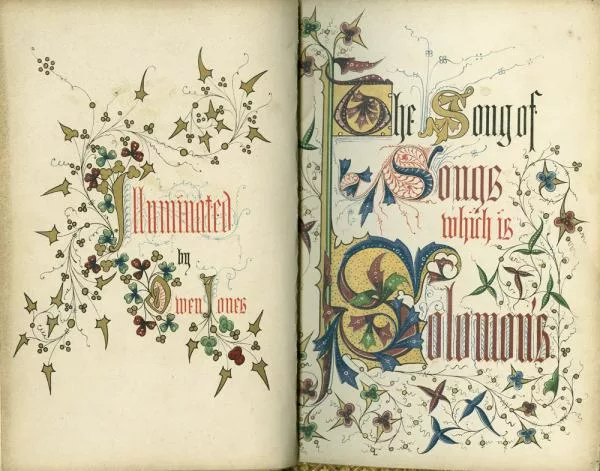The Song of songs is a much debated and unique book in the Old Testament. It is near impossible to find consensus on any statement about the book except that it is unique. The book has no parallel in the rest of the Jewish or Christian Canon. It becomes difficult to assert anything about authorship, dating or even context with such a divided collegium of scholars to refer to. This essay will, however, try to avoid these debates and engage in the main debate of what if anything can the Song teach us about human sexuality and how does the Song stand in the dialogue, that is what does it have to say to other Old testament texts, to New Testament text and what does it have to say to the church of today about human sexuality and spirituality.
The Song of Songs is the first of the five scrolls called the Megilloth in the Hebrew Bible and it has been suggested that it was part of the last addition to the Jewish canon (Hess, 2005: 20). While many scholars have asked how the Song came to be canonised it seems that it has been settled into the canon with no room left for uncertainty by Rabbi Aquiba who stated that “all the ages are not worth the day on which Song of Songs was given to Israel, for all the writings are holy, but the Song of Songs is the Holy of Holies” (Hess, 2005: 20f). With this the Song was accepted into the Jewish canon (Hess, 2005: 21). Due to the inclusion into the Jewish canon it was also accepted as canon by the early Christians (Estes, 2005: 395) and Eusebius includes Song of Songs as Christian canon, in his Ecclesiastical History, as early as the second-century AD (Hess, 2005:21).
It seems that the general message of the Old Testament on the subject of sexuality is a negative and undermining, and especially, regarding feminine sexuality (Murphy et al. 1999: 242). This is especially evident in the Levitical law that regulates sexual conduct but does so only by that which it condemns and never with any positive statement. It also becomes very clear that as the Levitical law condemns specific sexual practices it also emphasises the uncleanness of women and judges women more harshly than men when it comes to sexual misconduct. The prophets also pas harsh judgement on human sexuality by condemning bad practice and never condoning positive examples.
It is into this negative view of sexuality that the Song speaks. Whatever interpretation is chosen, literal or allegorical, clearly the Song speaks in a positive and affirming way about sexuality generally, and especially about female sexuality as more than half of the verses in the Song are attributed to the woman. The woman is also portrayed as the initiating party as well as in clear ownership of her own sexuality (Song 8.12) which stands in stark contrast with the view of women in most biblical texts.








